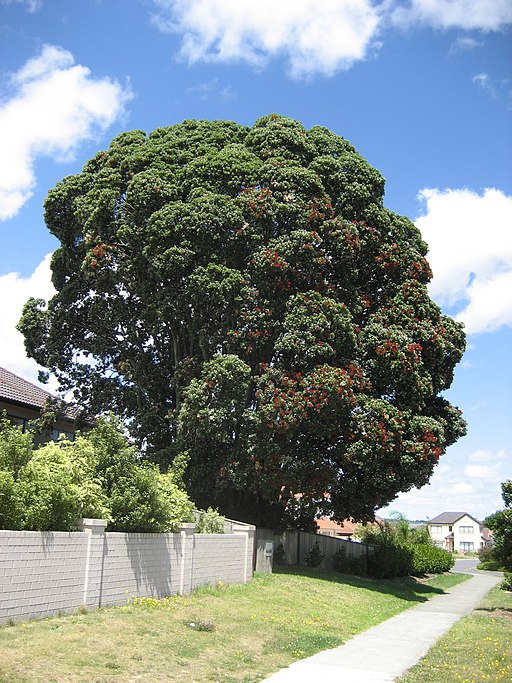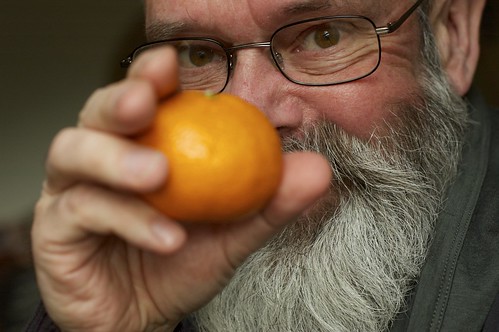I have long felt ambivalent about house names. Which is to say, I liked the idea, but feared being derided for it.
There are, it seems, three levels of house-naming. There’s the housing-of-the-nobility type, where your ancestors named it centuries ago: Blenheim Palace, for example, or Windsor Castle. Or El Escorial (although who came up with the idea of naming a magnificent palace complex after a slag-heap I do not know).
 Then there’s the houses of the upper middle class, often appearing in Sherlock Holmes stories. Frequently named after plants: Copper Beeches, Wisteria Lodge. The Elms, that sort of thing. Not quite posh enough to be aristocratic, but definitely above the mere house-number.
Then there’s the houses of the upper middle class, often appearing in Sherlock Holmes stories. Frequently named after plants: Copper Beeches, Wisteria Lodge. The Elms, that sort of thing. Not quite posh enough to be aristocratic, but definitely above the mere house-number.
And then there’s the lower end of the scale: little houses of, perhaps, lower middle class retirees, which they have given a cutesy name. Something cottagey, such as Ivy Cottage or Lilac Cottage or Bluebell Corner. Or something cheesy, like Wyshcumtru, Mon Repos (even if not Francophone), or Dunroamin.
Not having the kind of ancestors who qualify for houses ending in “palace” or “castle,” and not having any particular plants of distinction (“Next But One To An Enormous Pohutukawa” is not a catchy name), I am forced into the third category.

I don’t think of our house as a cottage, although I suppose by some definitions it could be considered one. It isn’t rural, but it is a smallish house (99m2 or just over 1,000 square feet), built to house a working-class family. According to Wikipedia, being a terraced or “row” house does not preclude cottage-hood. (Wikipedia: learn something new every day.) However, my overdeveloped sense of aesthetics prevents me going down the cutesy and/or cheesy road. (How does “Cheesy Road” sound for a house name? Perhaps not.)
So I had to strike out on my own, and come up with a name I not only liked, but would use. I did consider The Abode of the Blessed (Makarios meaning blessed) but it was a bit too unwieldy. “I’ve just got to take the shopping back to the Abode of the Blessed and then I’ll come round for a cuppa.” I don’t think so, do you?
So then I was thinking about what I wanted the house to be like to live in, and I thought of the name Narrowhaven. Our house is tall and thin: two stories tall and five and a half metres (18 feet) wide – hence the Narrow part; and it is a peaceful house, both for us and, I hope, for those who come to visit us – hence the Haven part.

Narrowhaven is also the biggest town in the Lone Islands (attached to the kingdom of Narnia) and is the centre of the slave trade. Not such a good association, true, but the town’s one appearance in the Chronicles concerns the abolition of slavery by Caspian X, and I am a big fan of the abolition of slavery (despite what the Gumpases of this world fear the effect on the economy might be).
I suggested the name to the Caped Gooseberry, and he seemed to like it too, so our house is now (un)officially called Narrowhaven. I haven’t worked up the nerve to put a sign on the gate yet – I’m not even sure that I want to, really. The last time I put up a sign it said “No Admittance Except on Party Business” which is a terrible name for a house, but a great sign for a mathom-party. We’ll see…







